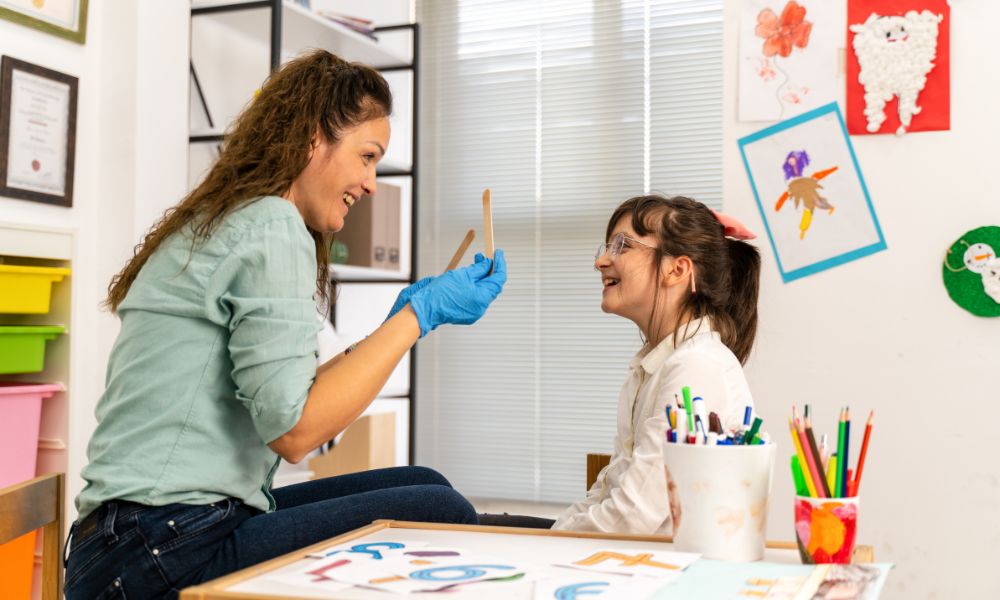Speech problems in children can have a significant impact on their development. Effective treatment and support are essential to help them overcome these challenges.
In this article, I’ll share valuable insights on how to treat speech problems in children effectively.
Early Identification
The first step in addressing speech problems in children is early identification. Parents and caregivers should be alert to signs such as difficulty pronouncing words, limited vocabulary for their age, and struggles with understanding or following instructions. If you suspect a speech issue, consult a qualified speech-language pathologist (SLP) for a comprehensive evaluation.
Speech Therapy
Speech therapy is the cornerstone of treating speech problems in children. Comprehensive assessments by SLPs lead to personalized treatment plans. Therapy sessions include exercises and activities aimed at improving articulation, language comprehension, and communication skills. Consistency with regular therapy sessions is essential for sustained progress.
Parental Involvement
Parents play a crucial role in the treatment of speech problems in children. Collaborating with an SLP, parents can learn strategies to support their child’s speech development at home. Engaging in speech exercises and activities together, creating a supportive environment, and maintaining open communication can significantly aid a child’s progress.
Articulation Exercises

Articulation exercises are essential for children with articulation disorders. These exercises target specific sounds, involve tongue and lip exercises, and use visual aids to reinforce correct articulation.
Language Development Activities
To address language delays or disorders, language development activities are paramount. These activities include storytelling, reading books, playing word games, and using picture cards to expand vocabulary, enhance sentence structure, and improve comprehension.
Play-Based Therapy
Children thrive through play, and play-based therapy can be a powerful approach to treat speech problems. Using games, toys, and interactive activities, we engage children while working on their speech and language skills.
Augmentative and Alternative Communication (AAC)
For children with severe speech impairments or those who are non-verbal, AAC techniques come into play. These techniques encompass communication boards, speech-generating devices, and sign language, enabling children to express themselves effectively.
Speech Fluency Techniques
For children dealing with stuttering issues, speech fluency techniques are employed. These techniques focus on promoting smoother and more fluent speech through strategies like slow and deliberate speech, breath control, and relaxation exercises.
Regular Progress Monitoring
Monitoring a child’s progress throughout their speech therapy journey is crucial. Regular assessments by the SLP help determine the effectiveness of the treatment plan and allow for adjustments if necessary.
Encourage Confidence and Patience
Supporting a child’s self-esteem and patience is fundamental. Encouraging them to practice and providing positive reinforcement for their efforts is essential. Building confidence in their communication abilities is a key aspect of treatment.
Conclusion
Treating speech problems in children requires a collaborative effort involving parents, caregivers, and dedicated speech-language pathologists.
Early identification, speech therapy, and consistent practice can significantly improve a child’s speech and language skills.
With the right guidance and support, children can overcome speech challenges, allowing them to communicate effectively and thrive in their daily lives.

